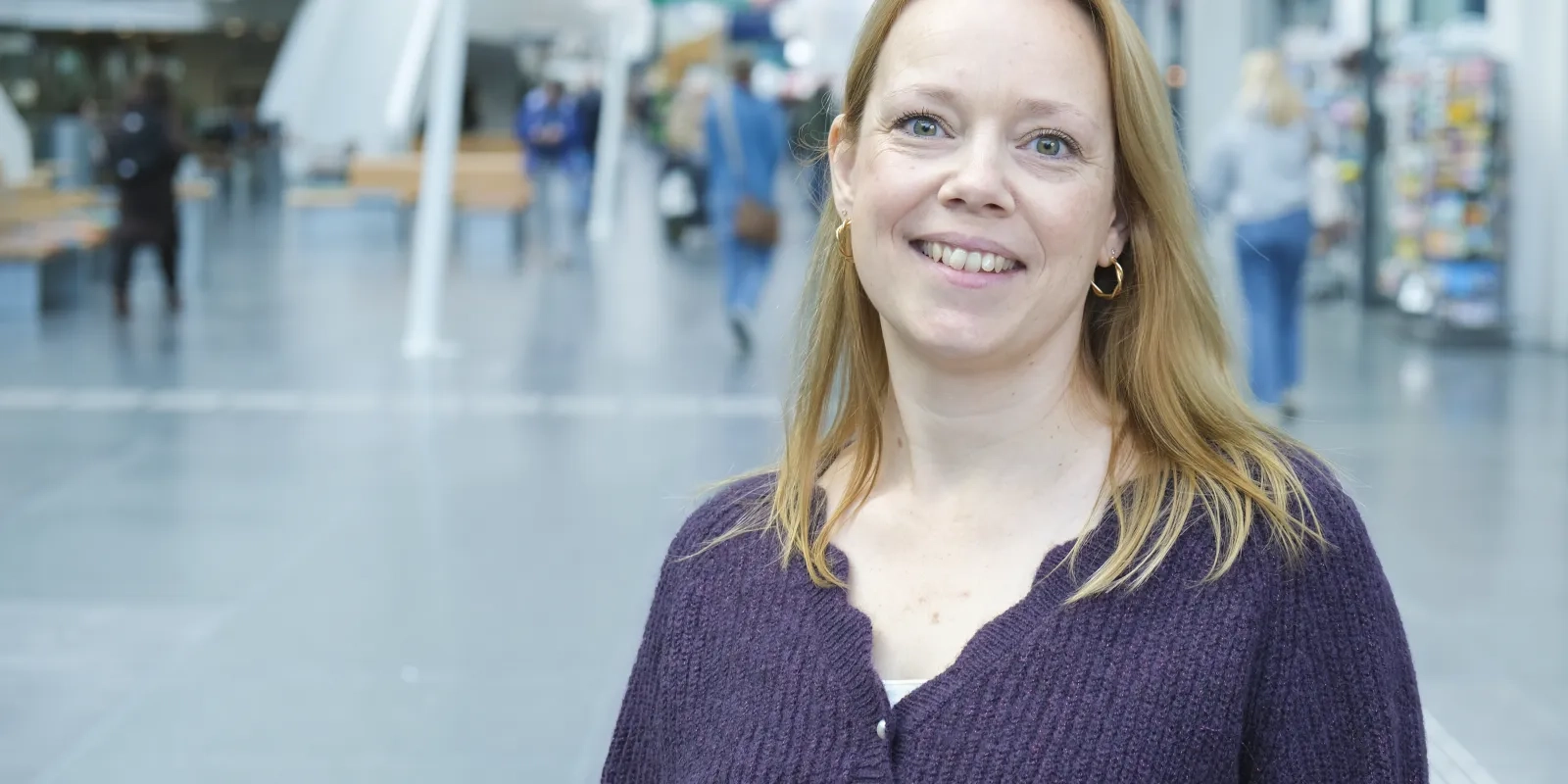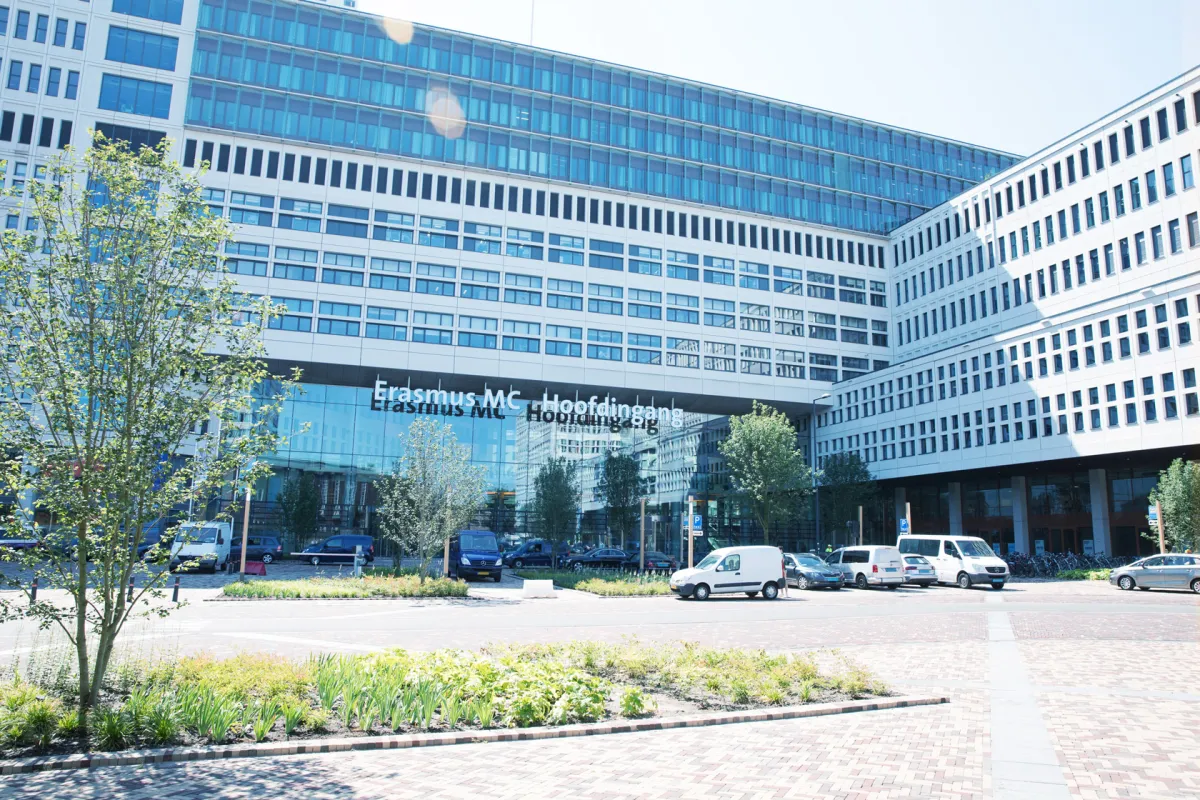
- All vacancies
-
PhD student on Patient Preferences for Cancer Screening
PhD student on Patient Preferences for Cancer Screening
Scientific Training for Post-Translational Modification Detection in Cancer Screening - Understanding the social aspects of cancer screening to promote adoption.- Closing date 23-01-2025
- 171
- 36 hours
- Research university
- Research & Education
- Closing date 23-01-2025
- 171
Job description
The focus of this project is understanding the social aspects of cancer screening to promote adoption. In this project the PhD candidate will apply the integrated stakeholder-centric impact evaluation framework to investigate expectations and requirements with respect to pan-cancer screening among all stakeholders (patients, payers and commissioners) involved in cancer screening. The PhD candidate start by mapping all relevant stakeholders, will collect user expectations and requirements with respect to pan-cancer screening and will elicit population preferences by making use of discrete choice experiments, focusing on the potential harms of pan-cancer screening (e.g. false-positive test results, overdiagnosis and complications), related to mortality reduction, test frequency and screening setting/location.
The project is part of the STRIM Training Network “Scientific Training for Post-Translational Modification Detection in Cancer Screening” is a consortium of world leaders in bioinformatics and biomarkers discovery, bioreceptor selection and design, nanofabrication and electrode production, biosensor development, cancer research, and health technology assessment from 6 universities, 2 companies, 3 medical research centers and 2 hospitals. STRIM announces 13 positions for Doctoral Candidates (DCs), who will have access to state-of-the-art equipment and will obtain a unique scientific, technical, industrial, and entrepreneurial training. Doctoral training in STRIM will encompass state-of-the art approaches for ultra-sensitive detection of Post-Translational Modification (PTM) biomarkers as cancer screening tools by building on recent advances in electrochemiluminescence, aptamer and DNA microarrays and conducting polymer micro-structured electrodes. These techniques will reach new levels of specificity and overcome barriers to the realization of multiplexed diagnostics for enhanced cancer screening. All translational issues will be considered in harmonization with regulatory and health technology assessment and social acceptability will be screened in the population. The graduates will be ideally placed to enter and support European industry across a number of sectors ((bio)medical, diagnostic devices development and production). They will also be capable of creating new businesses thanks to a combination of in depth training in entrepreneurship and direct experience of establishing and running a virtual company as part of the training network. Beyond the trained researchers, the project will create unique biotechnologies improving the health and well-being of European citizens and intellectual property with a strong commercial potential. More information on this Project can be found here.
Work environment
At the department of Public Health, we are dedicated to improve population health at local, national, and international level through excellent research and education. Our research is characterised as highly multidisciplinary and is focused on the development and use of innovative methods. Collaboration with and direct impact on practice and policy are at the heart of our work. Within the department, the PhD student will work in the research group Screening, which is an internationally leading group in large-scale multidisciplinary population-based randomised controlled screening trials to establish the efficacy of screening, evaluating active international screening programmes and tests to establish effectiveness and guiding public health policies using predictions of favourable and unfavourable effects and the cost of screening, based on micro-simulation modelling of the natural history of disease, and costeffectiveness and cost-utility analyses.
Qualifications and skills
We expect a Master´s degree (or equivalent) in Health Sciences, Public Health, Epidemiology, or Medicine. Furthermore, the applicant should be able to perform team oriented as well as independent work. Key skills that the candidate will be developing and working with are quantitative/qualitative analysis, scientific communication (oral and written). We are especially interested in candidates who want to further develop their skills in acquisition, multidisciplinary collaboration, leadership, goal-oriented working, creativity, initiative, engagement, vision, and visibility. Applicants must fulfill the usual MSCA eligibility and mobility rules.
- Applicants must, at the date of recruitment, be in the first 4 years (full-time equivalent research experience) of their research careers and have not been awarded a doctoral degree.
- The researcher must not have resided or carried out his/her main activity (work, studies, etc.) in the country of his/her host organization from more than 12 months in the 3 years immediately prior to his/her recruitment (short stays, such as holidays, not considered).
Before you apply please check our conditions for employment.
Terms of employment
- You will receive a temporary position for 4 years. The gross monthly salary is € 3.017,- in the 1st year and gradually increases to € 3.824,- in the 4th year (scale OIO).
- Excellent fringe benefits, such as a 13th month that is already paid out in November and a individual travel expense package.
- An International Office which aids you in preparing for you arrival and stay.
- Pension insurance with ABP. We take care of approximately 2/3 of the monthly contribution.
- Special benefits, such as a incompany physiotherapist and bicycle repairer. And there is also a gym where you can work on your fitness after work.
More information
For more information about this position, please contact Esther Toes-Zoutendijk, assistant professor, via e.toes-zoutendijk@erasmusmc.nl.
Notes
The successful candidates will be employed on a full-time basis with a competitive salary in accordance with the Marie Skłodowska-Curie Actions (MSCA) rules and the personal circumstances of the applicant. The successful candidates will receive a financial package consisting of MSCA living allowance and mobility allowance. Eligible applicants with a family will also receive an additional family allowance according to the rules of the MSCA. The exact salary will be confirmed upon appointment and will depend on the Host Institution's local tax regulations and on the country coefficient of your Host institution country.
No agencies please.
Application proces
Application proces
Step 1 - Apply
Did we get you excited about this position? Submit your application through the application button. You will receive a confirmation of receipt from our recruiter right away.
Step 2 - Selection
Based on your application, we check to see if there is a fit between us. We will let you know as soon as possible whether you are invited for an interview.
Step 3 - Job interview
You have been invited for an interview, great! In this first meeting we get to know each other and see if You can form an idea of the position, the department and Erasmus MC. If the interview goes well usually a second interview follows.
Step 4 - Offer and terms of employment
It’s a match! Your future manager will discuss your salary and employment with you. You will also receive more information about our other terms of employment.
Step 5 - Getting started
Your first working day has come! We are more than happy to have you. Your new department will give you a warm welcome and provide you with all the information you need. Enjoy your job at Erasmus MC!


Pioneering, pushing boundaries and leading: in healthcare, education and research
Erasmus MC is an international leading academic hospital in Rotterdam. We are recognized as a world-class scientific research organization aiming to improve our understanding of diseases and disorders and helps to predict, treat and prevent them. We have access to the latest equipment and techniques. A working environment that gets the best out of people.
Find out more about Erasmus MC